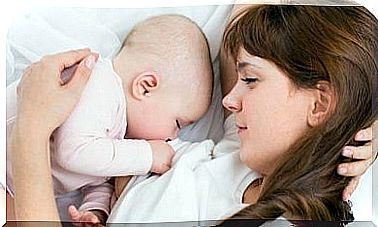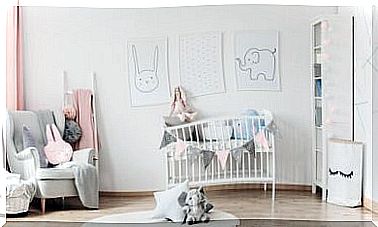7 Children’s Excuses For Not Eating my
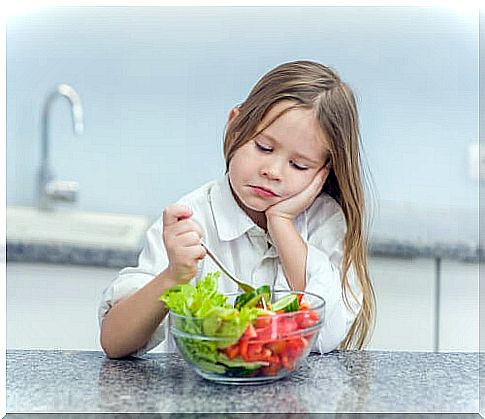
Since the baby is born, the pace of the growth process varies. During the first year, babies can gain up to 6 pounds and grow up to 25 centimeters.
In the second and third year, the pace of growth changes. At this stage, children start to find excuses not to eat. As they grow more slowly, the nutritional demand is lower.
Therefore, children’s eating habits will be different at each stage of growth. Remember to consider this factor before you start worrying about your children’s lack of appetite.
It may happen that the child is more interested in playing and having fun than eating. This is perfectly normal.
Children’s most frequent excuses for not eating
- “I’m not hungry”
- “I don’t like this food”
- “I have a stomachache”
- “Doesn’t look good”
- “It’s too cold / too hot”
- “I’ll save it to eat later”
- “I’m already satisfied”
Why do children make excuses for not eating?
Some of the reasons children refuse to eat are as follows:
- Stomachache. If a child does not have good digestion, he will have less appetite.
- Dental problems. Pain in the gums, tongue or other areas of the mouth can make the child not want to eat.
- Asthma, cough and fever can all be causes of loss of appetite. Children with health problems prefer to consume liquids rather than solid foods.
- Emotional disturbance. Death, divorce, moving house or school can cause a lack of appetite. The emotional part is directly related to the physiological part.
- Pressure or stress. When children are forced to eat, they may refuse or make excuses. School stress also influences appetite.
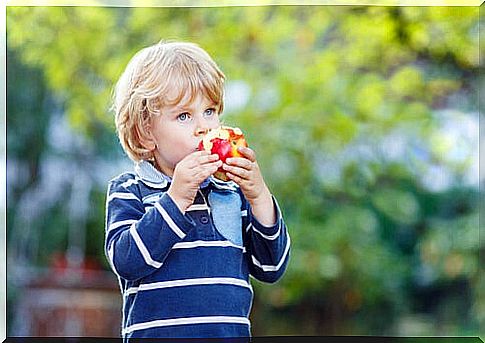
- Lack of custom with homemade food. If a child gets used to eating out, it is possible that he or she will not enjoy food prepared at home.
- Lack of physical activity. A sedentary lifestyle slows down the metabolism, making the child less happy to eat.
- Snack between meals. It’s not wrong to eat something between main meals. However, overeating alters nutritional routines.
- Repetitive or very varied menus. If the child eats the same thing every day, it can end up getting seasick. And, on the other hand, when there are too many options, it is difficult for a child to choose what he wants to eat.
- Parental Attitude. Children react negatively when they feel pressured. It is important that eating times are calm and organized.
What can parents do?
- Educate yourself and educate your children. Learn the basics of healthy eating and teach children by putting it into practice in everyday life.
- Be consistent. Establishing routines is very important for children. To make the task easier, try planning weekly meals around the house.
- Avoid “emotional feeding”. Under no circumstances may food be used as a reward or punishment. The association of food with sentimental well-being will turn into something negative.
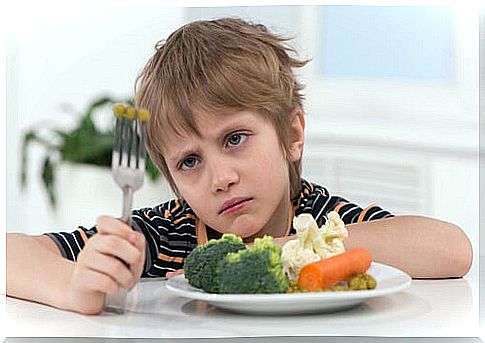
- Children should eat what adults eat. Avoid offering alternatives to healthy meals, children should get used to eating healthy and with the family.
- Bring the family together at mealtime. Eating alone is kind of boring and doesn’t allow for the conversation that happens during a family dinner. Include all family members in meals.
As you can see, children’s excuses for not eating are not always a cause for concern. The reasons vary widely and many of them are part of the natural growth process.
It is the duty of parents to put into practice healthy attitudes in the day to day at home. Over time, children will naturally incorporate into the routine.
